GLOBAL CITIZENSHIP EDUCATION
The primary aim of Global Citizenship Education (GCE) is nurturing respect for all, building a sense of belonging to a common humanity and helping learners become responsible and active global citizens.
GCE is based on the following three domains of learning:
- Cognitive: knowledge and thinking skills necessary to better understand the world and its complexities
- Socio-emotional: values, attitudes and social skills that enable learners to develop affectively, psychosocially, and physically to enable them to live together with others respectfully and peacefully.
- Behavioural: conduct, performance, practical application and engagement
It is a form of civic learning that involves students’ active participation in projects that address global issues of a social, political, economic, or environmental nature.
According to the UN, global citizenship education provides the understanding, skills and values students need to cooperate in resolving the interconnected challenges of the 21st century, including climate change, conflict, poverty, hunger, and issues of equity and sustainability.
These same educational outcomes prepare students to be successful in the workplace of the 21st century as well.
UNESCO’s work in this field is guided by the Education 2030 Agenda and Framework for Action, notably Target 4.7 of the Sustainable Development Goals (SDG 4 on Education) which calls on countries to “ensure that all learners are provided with the knowledge and skills to promote sustainable development, including, among others, through education for sustainable development and sustainable lifestyles, human rights, gender equality, promotion of a culture of peace and non-violence, global citizenship and appreciation of cultural diversity and of culture’s contribution to sustainable development”.
The UN’s Global Education First Initiative notes, “It is not enough for education to produce individuals who can read, write and count. Education must fully assume its central role in helping people to forge more just, peaceful, tolerant and inclusive societies.”
More on Quality Criteria for Development Education from VENRO, the umbrella organisation of development and humanitarian non-governmental organisations (NGOs) in Germany: download PDF
